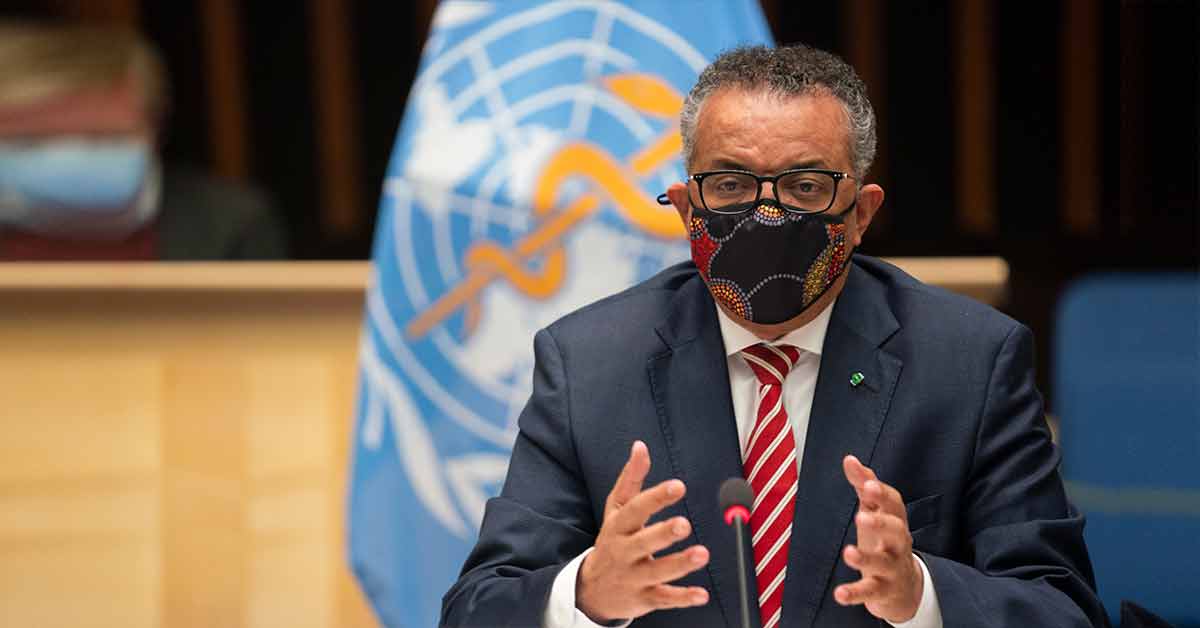China and the World Health Organization (WHO) could have acted faster to avert catastrophe during the early stages of the coronavirus outbreak, a panel of independent experts has concluded.
The Independent Panel for Pandemic Preparedness and Response said its evaluation of the start of the crisis in China "suggests that there was potential for early signs to have been acted on more rapidly".
Containment measures should have been implemented immediately in all countries where transmission was likely, the panel said in their second report, due to be presented to the WHO's executive board on Tuesday.
COVID-19 was first detected in the central city of Wuhan in late 2019 before seeping beyond China's borders to wreak global havoc, costing more than two million lives and eviscerating economies.
The panel said it was clear that "public health measures could have been applied more forcefully by local and national health authorities in China in January".
The report also criticised the WHO for dragging its feet at the start of the crisis, pointing out that the United Nations health agency did not convene its emergency committee until 22 January, 2020.
And the committee failed to agree to declare the outbreak a Public Health Emergency of International Concern (PHEIC) - its highest alert level - until a week later.
Trump Accusations
"It is not clear why the committee did not meet until the third week of January, nor is it clear why it was unable to agree on the (PHEIC) declaration... when it was first convened," the report said.
The WHO has already faced claims it was too slow to declare an international crisis, to acknowledge the virus was spreading through the air, and to recommend face masks.
Outgoing United States (US) President Donald Trump accused the organisation of botching its handling of the pandemic and of being a "puppet of China".
The panel, led by former New Zealand prime minister Helen Clark and former Liberian president Ellen Johnson Sirleaf, began its work in July after WHO member states called for an "impartial, independent and comprehensive evaluation" of its response to the pandemic.
'Hidden Epidemic'
Just over a year after the first cases of COVID-19 were detected in China, experts agree that the official tally of over two million deaths and close to 100 million infections is an underestimate.
And according to the panel report, the case numbers have been undercounted from the start.
"In retrospect, it is clear that the volume of infections in the early period of the epidemic in all countries was higher than reported," it said.
"A largely hidden epidemic contributed to the global spread."
The WHO and national authorities were not quick enough to warn that the virus could spread between people, including those without symptoms could pass it on, the panel said.
It also questioned whether the WHO should have used the word pandemic earlier than it did.
The WHO did not use the word until 11 March last year, repeatedly insisting before that date that it did not need to use it as a PHEIC had already been declared.
The word "pandemic" does not feature in the official WHO alert system.
But the panel hinted countries may have taken the situation more seriously if the word had been used, stressing it serves "to focus attention on the gravity of a health event". - AFP
